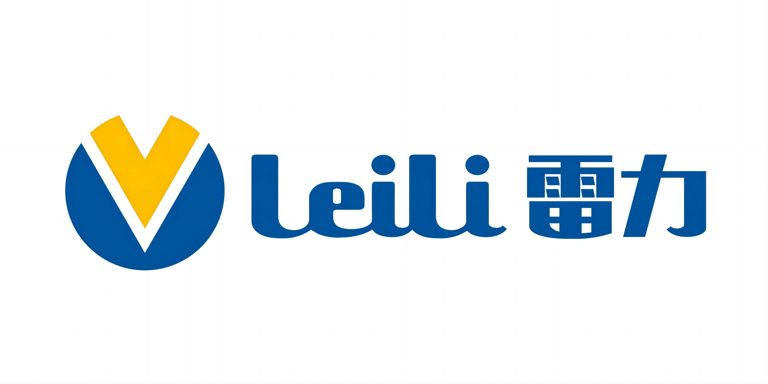Exploring the Bus Wiper Market: Top Brands and Emerging Trends
When it comes to ensuring passenger safety and comfort in buses, one often-overlooked component is the bus wiper. This essential part plays a crucial role in maintaining clear visibility during adverse weather conditions. In this blog post, we'll introduce some of the well-known bus wiper brands on the market and analyze the current trends shaping the future of this industry, with real-world examples to illustrate their impact.
LEILI
Frank
9/4/20244 min read
3. Sustainability Focus
With growing environmental concerns, the demand for sustainable products in the bus wiper market is increasing. Manufacturers like Denso are leading the way with eco-friendly materials. A transit agency in California reported that their adoption of Denso's environmentally friendly wipers not only reduced their carbon footprint but also resonated well with the community, enhancing their reputation as a green transit option.
4. Customization and Personalization
The bus industry is seeing a shift towards customization, where fleet operators seek specific features tailored to their operational needs. A fleet management company that specializes in regional transport began working with a wiper manufacturer to develop customized wipers that fit various bus models. This initiative reduced inventory costs and ensured operators had the right products readily available.
5. Global Supply Chain Adjustments
Recent global events have highlighted the need for resilient supply chains. For instance, a leading wiper manufacturer adjusted their sourcing strategies to mitigate supply chain disruptions during the pandemic, ensuring that their clients, including major transit agencies, experienced minimal delays in receiving wiper products.
The bus wiper market is evolving rapidly, driven by technological advancements and changing consumer needs. As operators increasingly prioritize safety, efficiency, and sustainability, choosing the right wiper brand becomes essential. By considering reputable brands like Bosch, Valeo, and others, along with staying informed about market trends, fleet managers can make informed decisions that enhance the performance and safety of their buses. Investing in quality bus wipers is key to ensuring a smooth ride for all passengers.
Prominent Bus Wiper Brands
1. Bosch
Bosch is a global leader in automotive technology, renowned for its high-quality bus wipers. For instance, their AeroTwin wiper blades are specifically designed to provide a smooth, quiet wipe, even at high speeds. Many bus fleets, such as those operated by city transit systems, have reported reduced streaking and improved visibility in heavy rain, leading to enhanced safety during operations. Although Bosch wipers tend to be on the pricier side, their durability often justifies the investment for fleet operators.
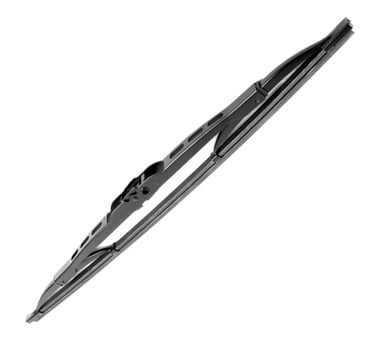

2. Valeo
Valeo is another prominent name in the automotive components sector, known for innovative features. Their Valeo Rain Sensor technology allows wipers to automatically adjust based on rainfall intensity. For example, a major European bus operator integrated Valeo’s systems into their fleet, resulting in a 30% reduction in wiper wear and tear, thanks to the precise adjustment of wiping frequency. This not only improved driver convenience but also extended the lifespan of the wipers.
Aero Twin
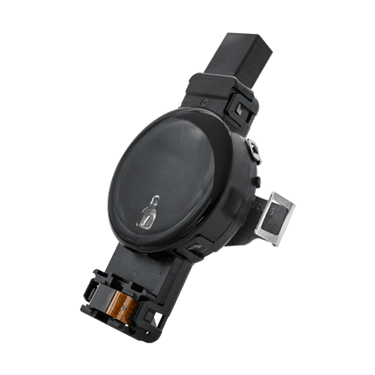

3. Trico
Trico has a long-standing reputation in the wiper blade market, providing reliable products for buses and heavy-duty vehicles. Their Trico Exact Fit series offers specific blade sizes tailored for various bus models. A study involving several U.S. transit agencies showed that switching to Trico wipers reduced maintenance costs significantly due to their durability, which allowed for longer intervals between replacements.
4. Denso
Denso emphasizes reliability and efficiency, producing wipers that perform well under extreme conditions. Their Denso Eco-Friendly Wiper Blades are made with advanced materials that resist wear from UV rays and harsh weather. For example, a North American bus company reported that after upgrading to Denso wipers, they experienced fewer incidents of poor visibility during winter storms, improving overall safety for drivers and passengers alike.
Market Development Trends
1. Rise of Electric and Hybrid Buses
As electric and hybrid buses become more prevalent, the demand for efficient, low-energy bus wipers is increasing. For instance, manufacturers are designing lightweight wipers that minimize battery drain. A notable example is the partnership between a major bus manufacturer and a wiper supplier to create a bespoke wiper system for their electric buses, resulting in a reported 15% increase in battery efficiency due to reduced energy consumption from the wipers.
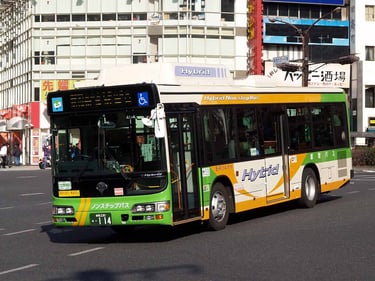

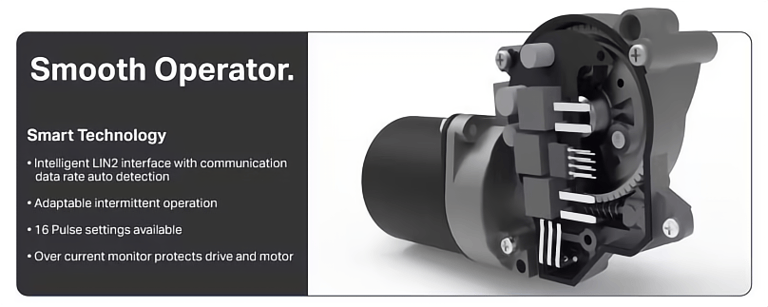

2. Smart Wiper Technologies
The integration of smart technologies in bus wipers is on the rise. Features like automatic rain sensing and variable speed settings are becoming standard. For example, a public transit authority that adopted smart wiper systems noted a significant reduction in driver distraction during rain events, as the automatic adjustment allowed for uninterrupted focus on driving.
